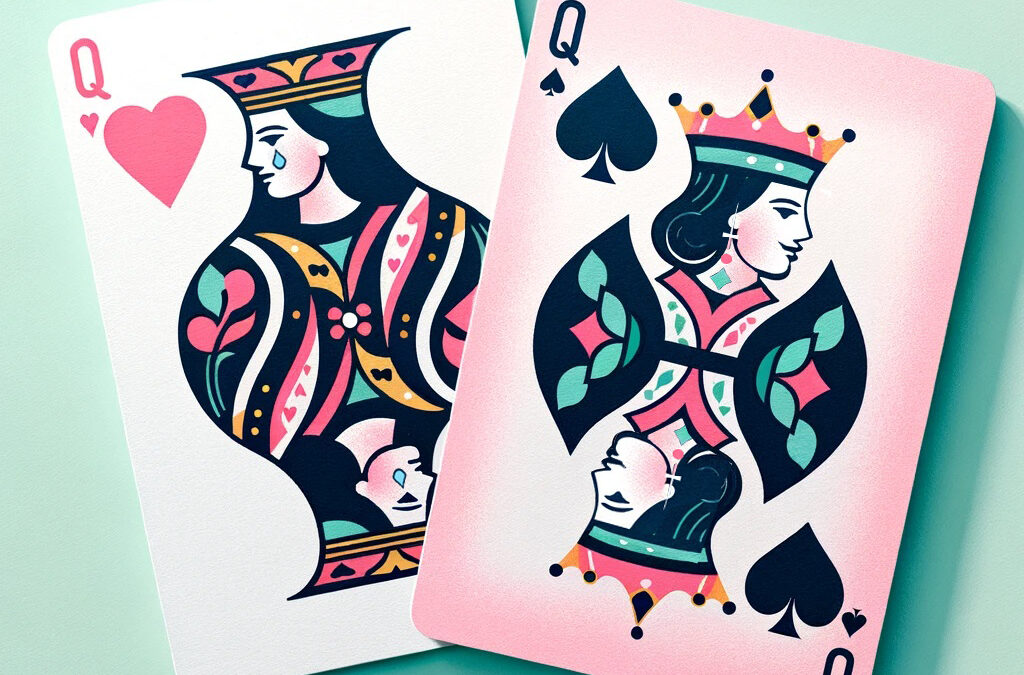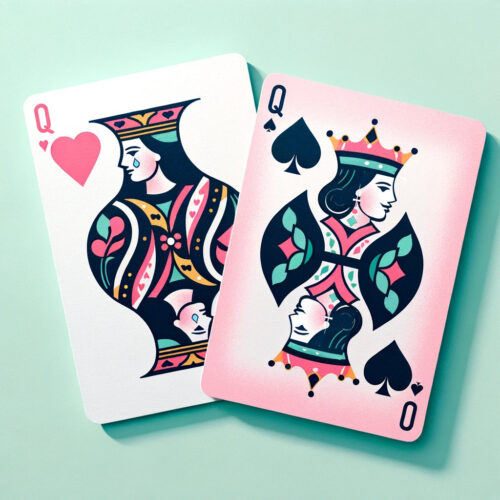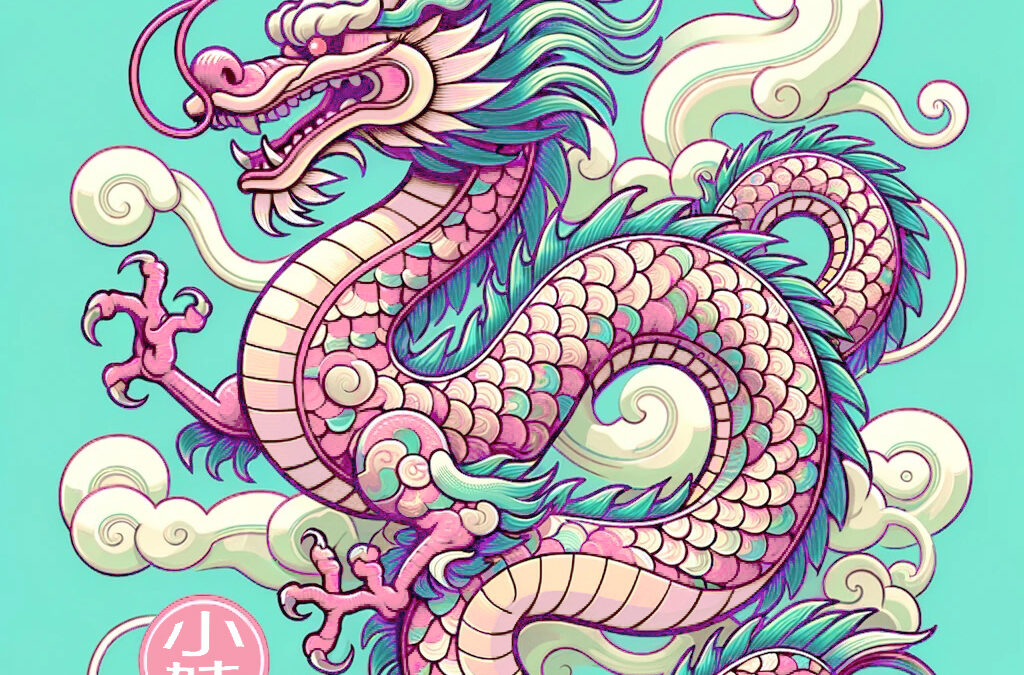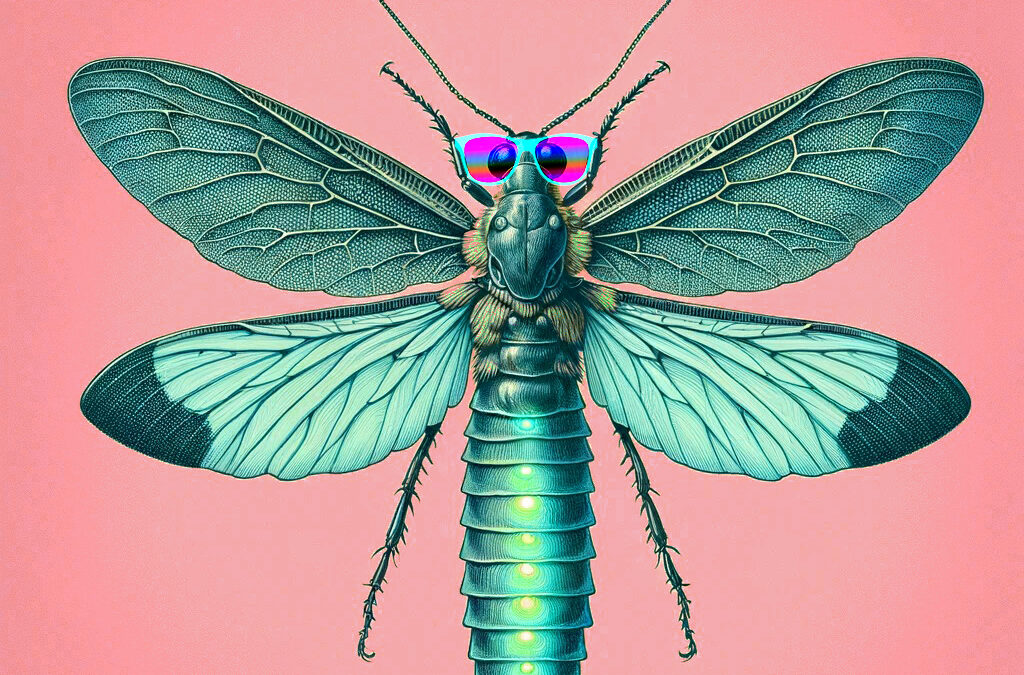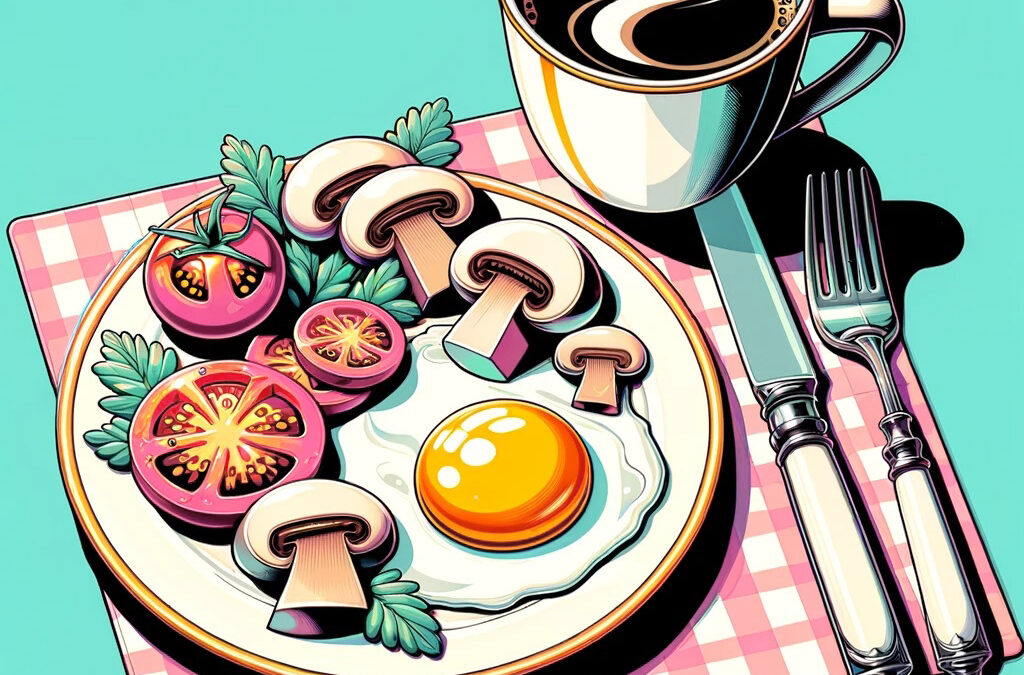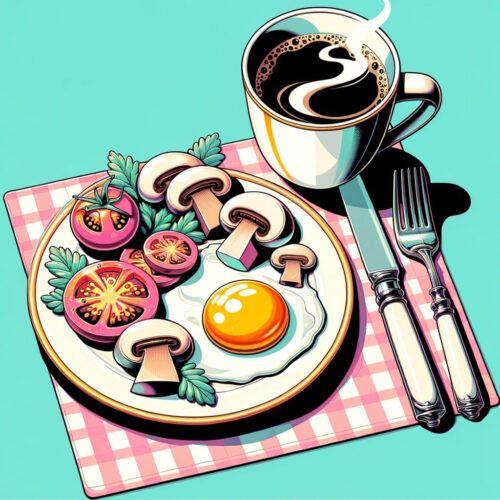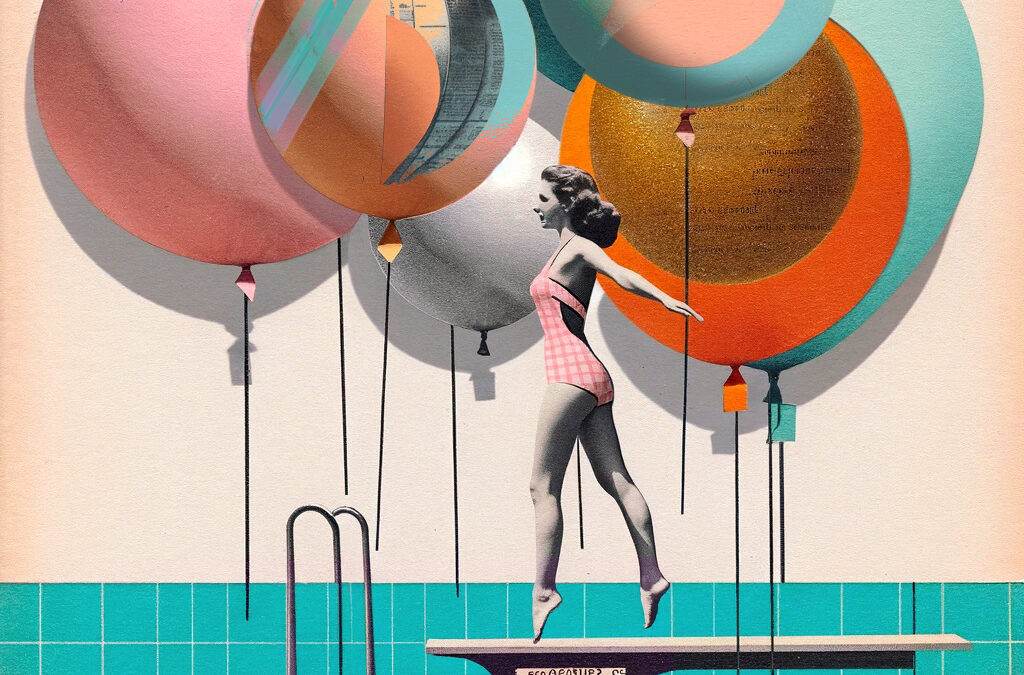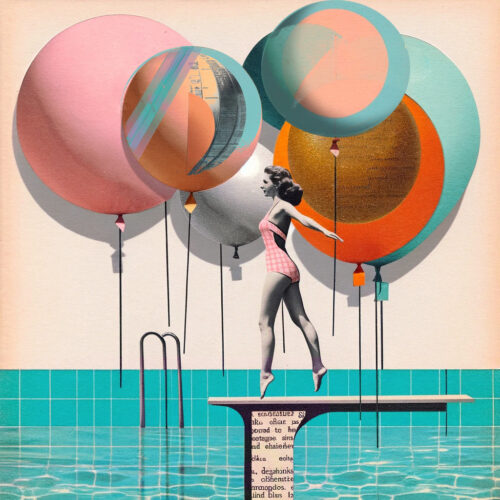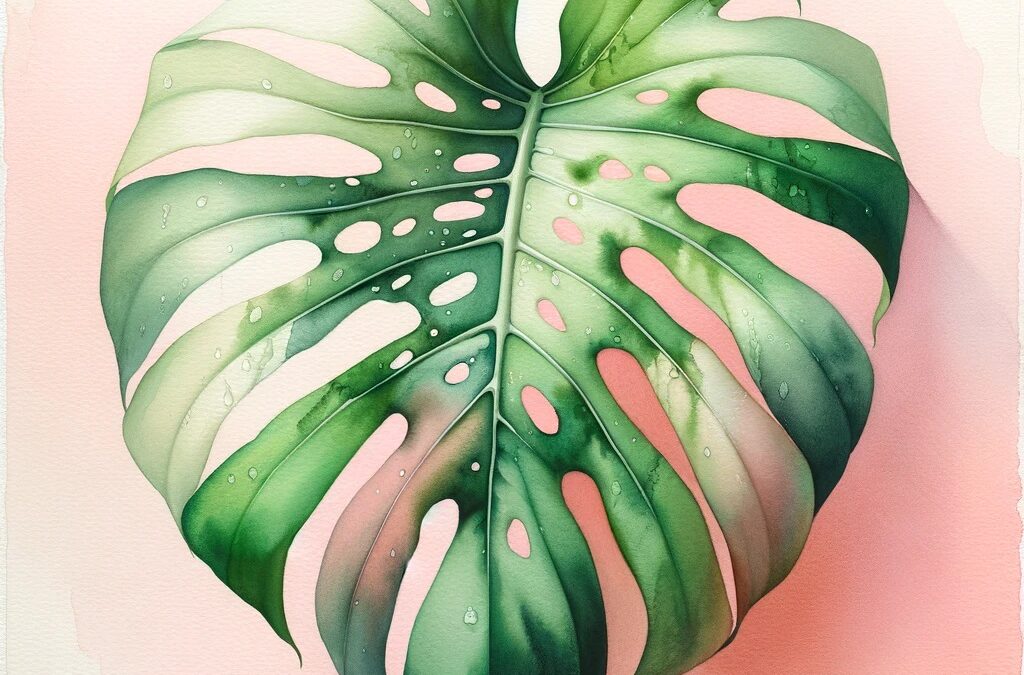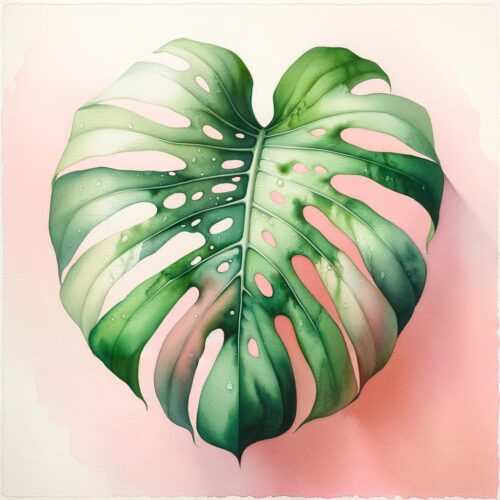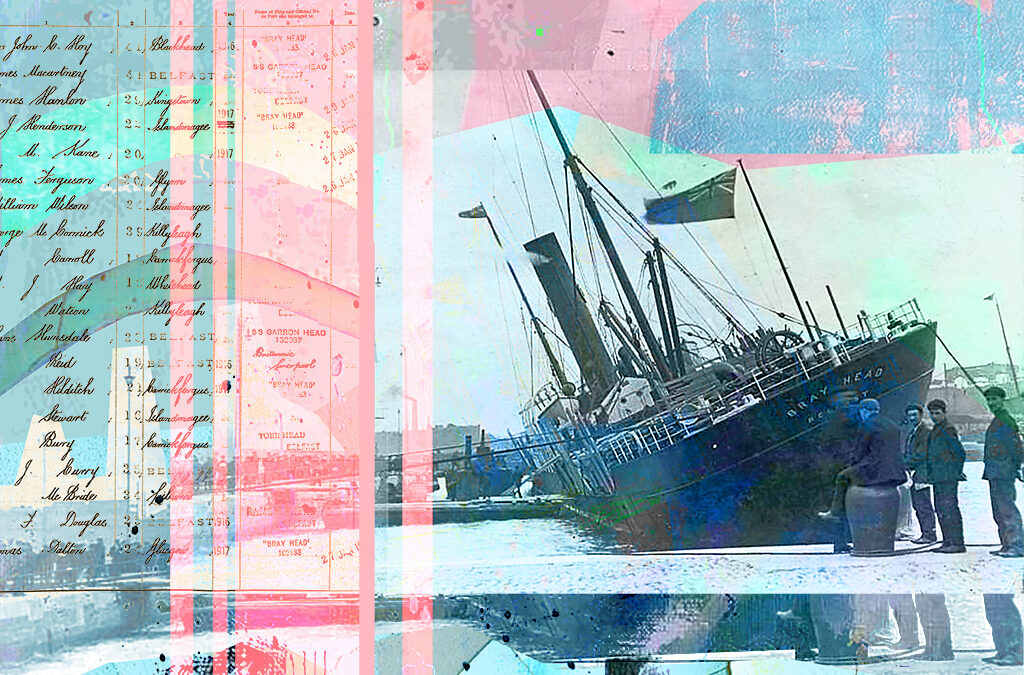It’s a private school. One of those big old houses overlooking the village. I looked it up on the Internet. It was converted in the 1920s when the mill closed down, when the money ran out. Exclusive of course, because that’s the point. Expensive, of course, because that’s the point, too. I had to go on my knees to get the address from Steph. A gothic roofscape, a cricket square with a red-tiled pavilion, rugby pitches, a line of kids arriving back from cross-country, spattered in mud, laughing, their legs red from the cold. The PE teachers jogging behind, joshing with them. Making it look easy. Big thighs and short shorts and fancy trainers in Day-Glo colours. Trying to be cool.
The sort of school where the kids’ parents turn up at weekend to watch them play rugby or netball. The kind where they buy a house in the village so they can be near their kids for a day or two every three months. Taking them to the tuck shop. Taking them for meals in the Black Bull. Leaving them to wave goodbye at the back-end of their SUV. The girls flinging back blonde hair, the boys furtive at the school gates, the way they are at that age. Poor buggers. Their parents think they know what love is. It’s more than opportunity, isn’t it? It’s something else.
Some people might struggle a bit with their personalities, but that’s not the same as being an arsehole. Being an arsehole is something that people don’t notice about themselves. It’s seamless, an aura they can’t see. They turn up in your life and they take everything. Because they’re entitled. Because it’s all they know. I’m blowing on my hands at the bus-stop opposite the school gates, a quarter of Bell’s in my pocket, hoping she’ll show. Emily. Emily. That was Steph’s idea, like most things were. A name’s just a name, after all. And she was herself, whatever we called her. Is herself. Beautiful.
How did it go wrong? Steph and Steve? Steve and Steph? Gradually, I guess. Then, suddenly. Steph caught me picking a lump of mince from the kitchen floor when I was cooking. And I’m not a bad cook, actually. Steve, she said, that’s absolutely disgusting. I can wash it, I said. You can’t wash mince, you idiot, she said. She took the spoon and flicked it into the bin. That’s a waste of food, I was thinking. Like Hector, who ran the estate agent’s she worked for. He liked to get her into a short skirt so she could show the clients around.
You absolute moron, Steph said, leaning against the kitchen units and laughing. Like they do in films, throwing her head back and actually laughing. She said I hit her after that. OK, I’d had a drink because I like a nip when I’m cooking. Nothing silly. Just a little shot with a dash of water. But I never hit her. I just wouldn’t. That was bullshit. Pushed her maybe, because she was in my way, because she was annoying me. But that was all, believe me.
Next minute, she’s on the phone to her mum. Like she’d been waiting for an excuse. Then she’s got Emily down in her pyjamas and outdoors coat like a bloody refugee. The victim’s victim. She’s got a suitcase and she’s looking for the car keys. Emily’s crying and, of course, I’m sorry. I’m trying to tell her, I’m sorry. Wondering how things happened so fast.
That was the beginning of the end or the end of the beginning, as Churchill said about WWII. A year later, after hanging on with my fingernails, I had to sell the house. Steph took me to the cleaners, aided and abetted by Hector. Two years later they were married and Emily was in the first year of a school miles away. Out of the way, where they wanted her. Now she doesn’t want to see me, apparently. That’s bollocks. I’m her dad and Hector is nothing to her. Sod all.
I had dark thoughts for a long time. About Steph, about Hector. Not about Emily. I missed her. I miss her. Who wouldn’t? I’d held on to my job, just about. My solicitor told me that if I kept to the straight and narrow – whatever that was – I’d be able to see her. No chance of custody of course. She was in a loving home environment with her mother and new partner, after all. Even though they’ve sent her away to a private school. Bullshit.
I learned to push them back in the end, the thoughts. The dreams that were darker than the thoughts. Rolling a body up in an old carpet and burying it in a cellar. The house in my dream was always the house I grew up in. A terraced house on Rochdale road. One of a thousand. I never knew whose body it was, but you didn’t need to be a genius to guess what games my mind was playing. It got so bad, I even booked an appointment with a councillor, but I never went in the end. Just left a pathetic message on her answerphone.
There’s a lorry turning into the school now, returning the laundry. Kitchen staff in white uniforms. Jackdaws flying out from those dark gables. Two girls in blue knee-socks pass me, arm in arm. They’re laughing and give me a funny look, turning into the school. They’re Chinese or Malaysian. Next thing, there’s a guy in a dark suit watching me from the school gates.
Do I look like I’m waiting for a bus? Probably not because a few have gone past already. I even waved them on. I cross the road. Emily, I say, Emily Paterson? He’s looking at me and looking blank. She’s my daughter? I make my voice go up at the end, so that’s like a question. I don’t care who she is, he says, you need to leave. I’d like to see her. I lean closer and he pretends to wince at my breath. I mean now, he says, flicking back his comb-over and pulling a phone from his pocket. The suit’s shiny at the lapels. And it’s not a phone, it’s one of those walkie talkies. So, he’s security. I hold my hand up and back off. I’m going, I say. You need to make an appointment, he says, relenting just a little. To see my own daughter? He shrugs and a breeze takes the comb-over and blows it off his bald patch. His glasses reflect the sky, twin patches of grey.
There was a time I’d have taken it further. You bet. But there’s no point, is there? Not now. Next thing I’m on a bus, not pretending to wait for one, watching rain bounce onto the windows. Tomorrow, I’ll call the school and make an appointment. I did try once, but Emily was booked up every weekend. Every weekend? Until when? Yeah, yeah. After Steph’s stories. After Hector, the money-bags twat and his Lexus. The school secretary has a nice voice and that made it worse. Managing my expectations. But tomorrow might be different. Tomorrow might be OK.
The bus takes me to the railway station, then it’s almost an hour to get home. I doze off, my head rocking against the window. England goes past. Fields with miserable looking ponies, canals with moored barges, new housing estates. Santa and his reindeer picked out in Christmas lights, deserted mills with smashed windows blowing out pigeons. The motorway runs parallel with the railway for a while. A stream of traffic. I wonder what those motorists think about. Snug inside their own lives. Is anyone?
Maybe not. The train pulls in at Salford and a few people get on carrying luggage, shepherding children. There’s an elderly woman carrying a wedding hat inside a squeaky cellophane bag. She eyes me up as she passes. It’s funny how no one sits next to me, as if they know something. It’s still raining, silver needles darting out of the sky, streetlamps burning yellow. That halo of city lights. The taxi to my flat costs twelve quid. No tip. Sorry pal, that’s all I’ve got.
I’m knackered now. Pushing myself up the stairs. That faint scent of cat piss. Pushing my key into the lock, shouldering the door open. Fumbling for the light. Shaking out my coat. At least the heating’s come on and the place is warm. I’ll nip out for a pizza later. Before that, I’ll make a brew, catch a bit of football.
Next thing I know, I’ve fallen asleep on the settee and I’m waking to another Sunday evening. To existence in all its glory. To life in the Northern Powerhouse. We’re right on the border of Lancashire and Yorkshire. The road sign used to say, Lancashire, where everyone matters. On the other side, Yorkshire welcomes careful drivers. That used to make me laugh. Yorkshire where no one gives a fuck, more like. Steph thinks I don’t. But I do. I’ve got skin in the game, after all. Now the ref’s whistle. A free kick. Injury time. Play on.





